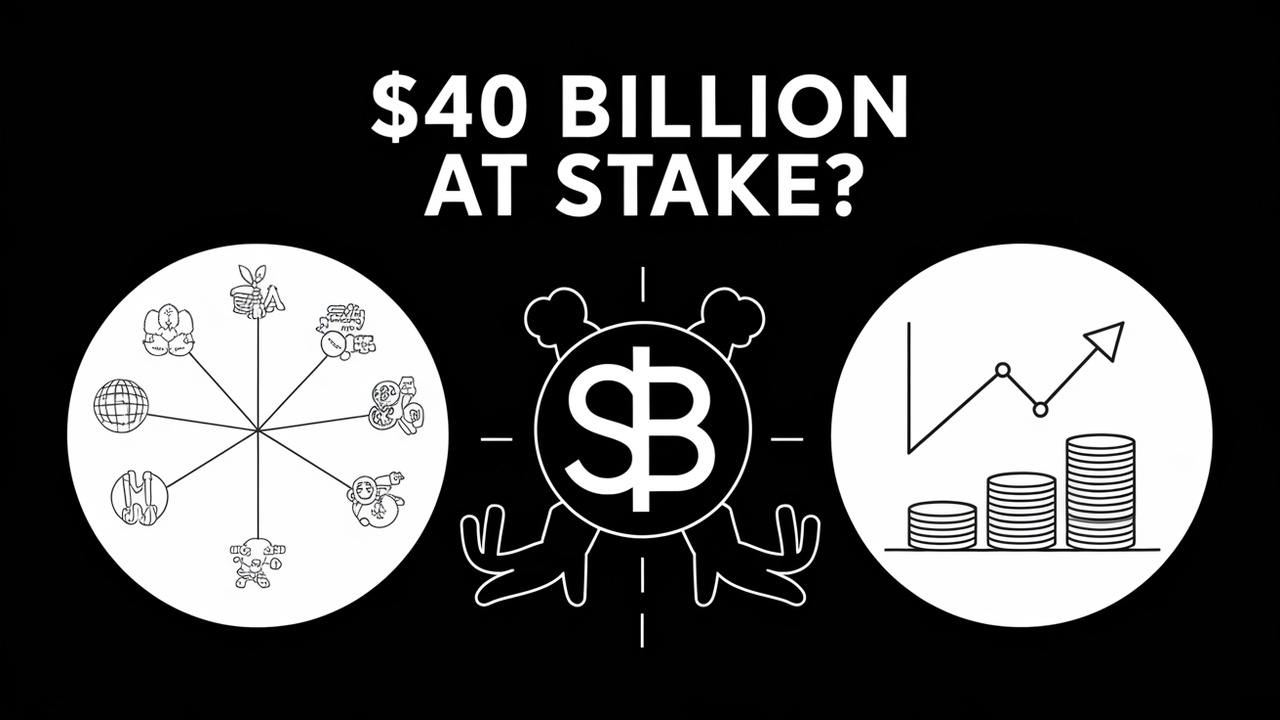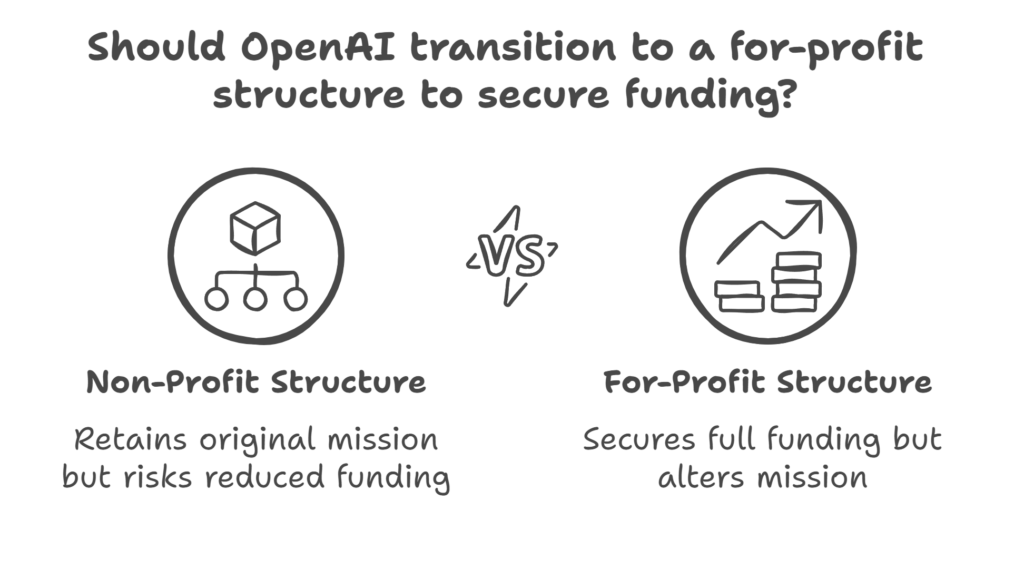OpenAI’s Big Win: $40 Billion in Funding Puts It on 1-800-Flowers Path
SAN FRANCISCO — On March 31, 2025, OpenAI, which created ChatGPT, secured $40 billion in additional funding, sending its valuation to $300 billion.

The transaction, which was led by Japan’s SoftBank, took place in San Francisco. It’s the biggest private tech funding of all time. OpenAI says it plans to use the cash to continue growing its AI research and tools. The move is part of the company’s effort to keep pace in the fast-evolving world of artificial intelligence.
A Massive Cash Injection
OpenAI’s $40 billion windfall is pivotal. SoftBank coughed up $30 billion, while the rest — Microsoft and a smattering of others, including Coatue, Altimeter and Thrive — filled in the remainder. The funding almost doubles OpenAI’s valuation from $157 billion in October 2024. That’s quite a leap in just six months. Founded in 2015 as a nonprofit, the company was co-founded by Elon Musk and others. Now it is an A.I. leader, thanks to the launch of ChatGPT, in 2022.

The deal has a catch. OpenAI gets $10 billion now. The remaining $30 billion arrives in December 2025 and only if it moves to a for-profit structure. For now, it’s a hybrid with a non-profit arm. If it doesn’t, SoftBank may reduce the total to $20 billion. This effort to go completely for-profit has raised a debate. Musk even sued W them over it, claiming it betrays OpenAI’s original mission.
Why the Money Matters
OpenAI said it will use the money to improve its technology. $18 billion will go to the Stargate project, a plan with SoftBank and Oracle to build AI data centers in the U.S. ChatGPT currently has 500 million weekly users, up from 400 million last month. The company still wants to grow quickly. It anticipates revenue of $12.7 billion this year, three times what it earned a year ago.
“We’re excited to partner with SoftBank,” OpenAI’s chief executive, Sam Altman, said in a statement. “This funding allows us to advance AI research and develop tools that works for people every day.” The company’s growth is wild. ChatGPT also recently became the fastest growing consumer application ever, a feat that Altman pointed out was done in a mere one hour, one million users. That’s quite a jump from its first million in five days in 2022.
Competition Heats Up
The AI race is on. OpenAI competes with companies such as China’s DeepSeek and Meta, which have cheaper or open-source models. The R1 debut in January of 2025 by DeepSeek changed the game with its affordable tech. This month, Meta’s Llama models crossed 1 billion downloads. OpenAI is fighting back. It intends to launch an open-weight model soon, a departure from its typical closed systems.
The funding is also a show of investor faith. OpenAI’s valuation puts it next to SpaceX ($350 billion) and ByteDance ($300 billion) as private firms go. Its stock isn’t traded publicly, but the $300 billion price tag tops Uber’s high of $120 billion. On April 1, 2025, posts on X celebrated the news. One referred to it as “the wildest funding round in tech history.” Someone else called it “huge” for the future of A.I.
Cash Flow Challenges
OpenAI isn’t profitable yet. It earned $3.7 billion in revenue in 2024 while losing $5 billion. Of course, the new cash will help, but costs are high. These chips, data centers and talent don’t come cheaply. The company expects to become cash flow positive by 2029, with $125 billion in sales. That’s a bold goal. For the moment, the $40 billion earns time to expand and compete.
The Stargate project is key. Its goal, announced in January 2025 by President Donald Trump, is to spend $500 billion over years. An $18 billion chunk from OpenAI will get it started. The goal? Keep the U.S. ahead in AI. SoftBank’s big bet connects to its vision of “Artificial Super Intelligence” surpassing human capability. OpenAI is its favorite to reach that point.
What’s Next for OpenAI
This funding positions OpenAI for a big year. It will expand its 1,700-strong workforce and help expand the reach of ChatGPT. Its model could become different under for-profit ownership. If it does, the full $40 billion unlocks. If not, it will still receive a hefty $20 billion. Either way, the cash powers its battle in the A.I. race.
The implications are huge. OpenAI could dominate AI for years to come, influencing how we learn, work and create. But rivals won’t sit still. Meta and DeepSeek are making headway. It will be watched closely by investors and users. Turning that cash into breakthroughs is what OpenAI is for. The next few years will tell. For now, its $300 billion valuation says one thing: The future looks bright for artificial intelligence — and expensive.